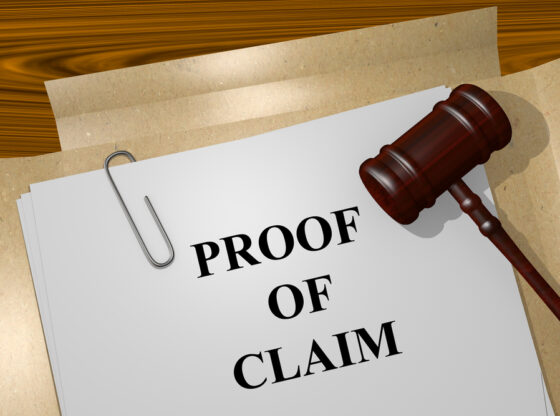Contributed Content Provided by WordPro SEO.
How is The Cost of Auto Insurance Determined in Your State?
The two most important factors in determining your auto insurance premium are underwriting and rating. Underwriting is the first consideration, while rating is the second. Insurance companies evaluate risk in order to assess whether applicants are insurable and decide whether or not the business will take the application. The rating is based on the underwriting process and assigns a fee to the insurer according to what it thinks it will cost to provide liability for the applicant’s potential claim.
Factors That Influence Your Rate
Factors that influence your insurance rate can range from personal factors like gender to more concrete factors like driving record.
- The level of risk that you represent is determined by your driving record. Drivers who have previously been cited or had an accident are considered to be a high hazard.
- The number of claims in your region – urban areas have more than rural areas.
- Accidents are more frequent for males than females; certain age groups have a higher rate of claims.
- Married people have lower claims rates than unmarried persons.
- Increased annual mileage and car usage heightens the risk.
- Luxury and sports cars have a higher claim frequency than other types of vehicles.
Inquire About Discounts
Because you are considered a “high risk,” you may qualify for price reductions. Here are a few of the greatest discounts to seek for: multiple vehicles, driver training programs, exceptional pupils, vehicle safety equipment, anti-theft gadgets, low mileage, excellent driver/renewal status, auto/home combinations with dividends. Some states do not offer all discounts, so double-check with your broker to see.
Look at Optional Coverage
Collision and comprehensive coverages are the most popular coverage options, in addition to the basic liability package. Collision coverage pays for damage to your car caused by it colliding with a thing like a tree or another vehicle. This is a pricey policy and is not required by law. Comprehensive coverage covers virtually everything, including fire, severe weather, vandals, floods, and theft. Broken glass and windshield damage are also covered. Comprehensive coverage is cheaper than collision coverage, and both are optional to buy. There are a few added protection plans available, including medical payments coverage, rental reimbursement coverage, and towing and labor insurance.
Before Buying, Shop Around
Premium quotes are an excellent tool for comparing different insurance providers’ rates. It is critical that you provide the same information to each agent or firm when requesting quotes. The agent will usually want the following information: a description of your car, its usage, your driver’s license number, and the number of drivers in your household.
Finding an Insurance Provider
Look online or from a phone book for firms and agents in your area. If possible, get recommendations from your neighbors, relatives, and friends for insurance companies and agents. Ask them what kind of claim service they’ve received from the firms they suggest. Keep in mind that you may save money and find the best service.
Receiving Your Desired Coverage
There are certain things you can do to guarantee that you receive your money’s worth once you’ve chosen the insurance provider and coverage you want. Call the insurance department in your state and double-check that the firm and agent are licensed to operate there before signing up for any insurance coverage. It is against the law for unauthorized insurers to sell insurance, and if you buy from an unlicensed provider, there’s no assurance that the protection you purchase will be honored.
Review Your Policy
An auto insurance policy is a formal legal agreement. It is prepared in such a manner that you know what your rights and obligations are, as well as those of the insurance firm. When you buy cheap car insurance in santa ana, you will be given a policy. Make sure to carefully study the details of the policy and ensure that you understand them. Any questions about your insurance policy should be referred to your insurance agent or state insurance department.











